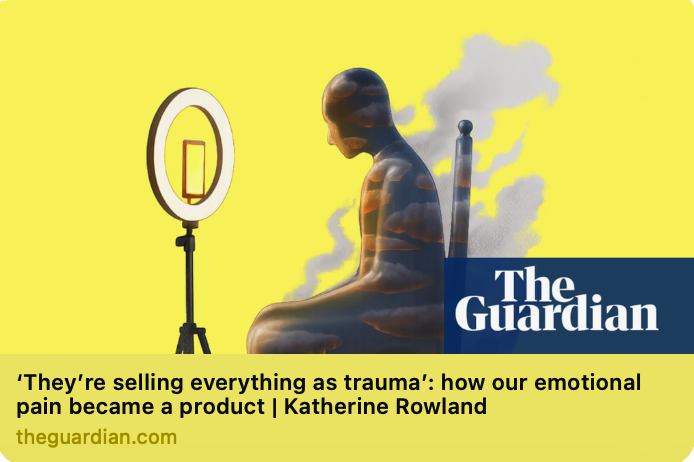What Psychological Damage Can Result From Being Excessively Ignored?
- Antonieta Contreras

- Jun 15, 2020
- 2 min read
Updated: Aug 1, 2020

We are born with the need to attach. If we don’t attach, we don’t survive.
Have you heard of Harry Harlow’s experiments? He observed that mammals prefer a harsh, fake mother than no mother at all; baby monkeys that were fed by a machine gave up and died even having food, while other baby monkeys clung to a fake mother and survived.
There are wired to attach at 3 different levels:
SURVIVING: safety, nourishment, consistency, availability, responsiveness, attunement, sustenance
BELONGING: security, comfort, value, status, support, nurturance, sharing, inclusion, association
CONNECTING: motivation, acceptance, hope, reciprocity, intimacy, trust, purpose
If we don’t get the first one —attached to someone that can provide ways to survive— we feel like dying and we may move into survival mode for the rest of our lives. The typical damage is Developmental Trauma and all the disorders that follow (like BPD).
If we don’t get the second one, we will feel like pariahs; not-belonging is feeling unworthy, alone, ostracised, unlovable, and we may not develop an identity, a sense of self, and confidence. The damage can manifest as trauma but also as personality disorders (like NPD), depression, anxiety, and all the social-related disorders.
If we don't get the third type of attachment, we will feel like zombies, empty, without a purpose, a connection to others, which could cause all types of disorders but we could even say that it can develop into severe mental issues like psychopathy or even schizophrenia.
Being ignored excessively sounds like the person can’t find who to attached to, and will be mentally isolated, and deprived.
If s[h]e feels safe, maybe depression, anxiety, and some interpersonal difficulties will result. If the person feels unsafe, then all the problems related to dysregulation of the autonomic nervous system could develop.



Comments